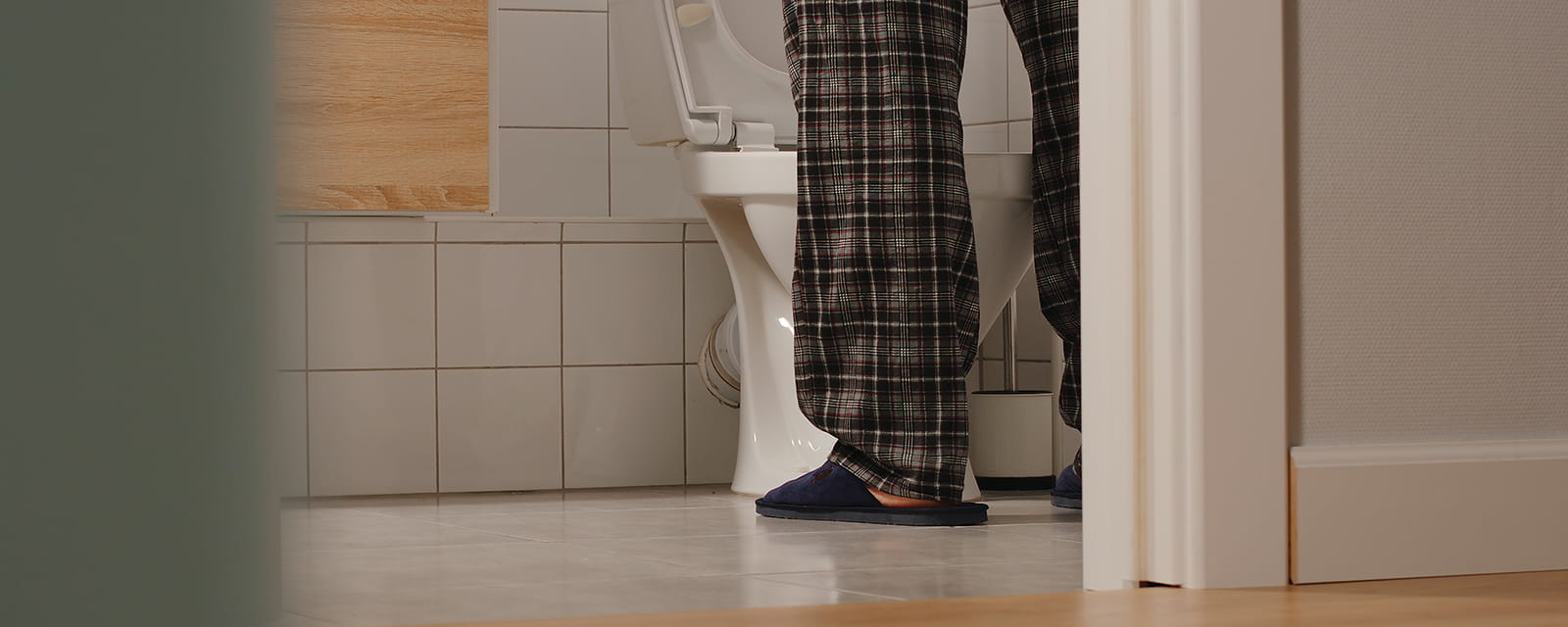
Frequent Urination

Overview
Symptoms of frequent urination in men can point to more serious conditions such as diabetes, urinary tract infection, benign prostatic hyperplasia (BPH) or other prostate problems. Waking up in the middle of the night to urinate is known as nocturia. Individuals suffering from severe nocturia may need to get up five or six times in the night.
Causes
Frequent urination can be caused by a variety of different disorders. It is a typical symptom of a urinary tract infection. Prostate problems and diabetes are other characteristic conditions that lead to frequent urination. In some cases, bladder cancer and dysfunction as well as other medications may also bring about too frequent urination. Enlargement of the prostate and drinking too much before bedtime may cause nocturia.
Diagnosis
There are various diagnostic tests that your doctor may use to determine your condition and the causes of the condition. Often times, a physical examination will be performed first, this may include an abdominal, pelvic and/or rectal examination. Blood tests may also be conducted to establish renal and thyroid function levels as well as plasma levels. Analysis of the urine will help determine if a urinary tract infection exists or if there is risk of diabetes or hyperthyroidism.
Treatment
Management of frequent urination is oftentimes dependent upon the cause. Antibiotics and other medications may be prescribed to help alleviate the symptoms and discomfort. The best way to cure the problem is with treatment of the cause. A treatment plan will be determined based on the individual needs and circumstances of the patient.
frequently asked
questions
To provide you with some clarity, we’re sharing FAQs about the procedure, what kind of results you can expect, the recovery process, and more.
When you experience urinary symptoms such as frequent urination you should talk with you doctor without delay. This or other symptoms may be a sign of a more serious problem that needs attention of a professional.
While not all urological problems or disorders can be avoided, there are lifestyle choices you can make everyday to help reduce you chances of developing a serious problem, some of these include:
- Avoid excess alcohol or caffeine
- Avoid certain medications, i.e. diuretics
- Do not smoke
- Moderate physical activity
- Maintain a healthy weight
Your doctor will most likely conduct a physical examination; this may include an abdominal, pelvic and rectal examination. Blood and urine tests may also be conducted to help determine thyroid and renal function as well as plasma and blood sugar levels.
Blogs
January 14, 2024
Catheters
January 14, 2024
Postcoital Neurochemistry: The Blues and the Highs
January 14, 2024
Growth hormone, performance, and aging
January 14, 2024
Testosterone Replacement Therapy: Is It Right For You?

March 15, 2023
